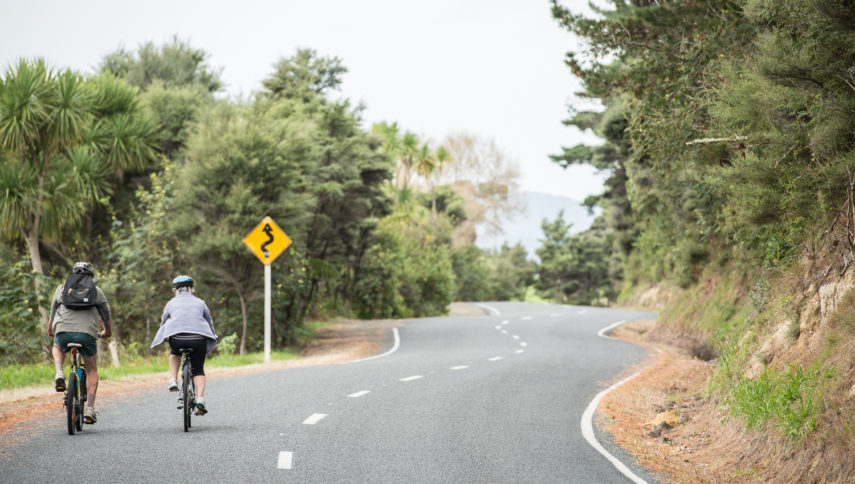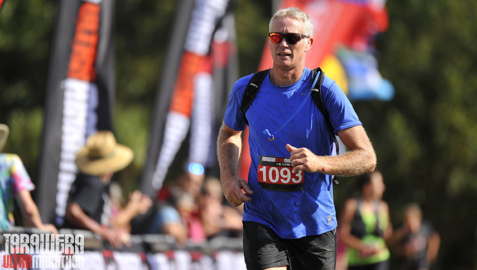
Creating habits
Module Overview
One of the findings from the farming women on their wellbeing survey carried out last year was that 32% of women said that not enough time for themselves was one of the main challenges to their wellbeing. This was also a common theme in the younger farmers wellbeing survey we undertook in 2018.
Making time to do things you enjoy and that energise you is so important and this is where creating a healthy habit comes in.
Have you ever tried to start a new habit like exercising regularly or eating healthy but didn’t stick to it? If so, you are not alone! Heaps of us have tried something with the best of intentions but didn’t end up ‘lockin it in’. But then again there are those that do succeed and make it stick. What are they doing that we’re not? Here’s a few ideas that habit experts say can help.
Understand your brains role in habits
No doubt you can think of a farmer (not you though) who has done something a certain way for a while and finds it hard to change even when a better way comes along. Why is that? It’s the brains way of saving energy.
Around half of our day-to-day behaviours are habitual. If you had to consciously decide on everything you did each day, you would quickly deplete your days worth of willpower very quickly. So humans have developed habits as an ‘energy saver’ to get around this.
Over time our habits become subconscious behaviours, running parts of our life on autopilot. Things like how we get dressed in the morning, how we drive our tractor, when we put on our gumboots, which gates we open and close and when we turn off the lights before we go to bed. This leaves us with energy to deal with the new and unexpected things each day that we don’t have habits in place to take care of.
Start small
The brain finds it hard to make big changes like new years resolutions, so trick your brain by starting with small steps that are easy to do. For example if you want to start a habit of stretching or body conditioning, start with just one stretch or one press up. Then each day add one more. A one percent increase each week on a new habit means that at the end of six months you’ll have a 26% improvement rate. That’s better than going hard out for a few weeks then running out of steam and being back at baseline after six months.
Starting small avoids relying on a burst of motivation to make big changes in your life, after being inspired by someone or going on a course. Motivation can be good for helping us think about bigger future goals, but isn’t good at locking habits in. It’s better to focus on just one or two things where you can start small and do them regularly. If you can’t do it regularly, for example most days then you’ve chosen something too big.
As our repeated actions turn into a habit (usually between one and three months depending on what it is), the behaviour becomes much easier, as does gradually increasing the amount of the activity.
A habit method
James Clear in his book ‘Atomic Habits’ proposes there are four important stages when forming habits. He calls them; (1) cue, (2) craving, (3) response and (4) reward. For example you walk past a bakery and smell the pies (the cue), the craving is remembering how good hot pies taste, the response is buying a pie and the reward is eating it. Next time you go past this bakery it will be a cue to buy a pie, and if you do, before long it will likely become a habit.
You can apply this method to habits you want to stop or ones you want to start. For example creating cues like setting a timer to have regular breaks, quiet music by the bed to start your wind down to sleep, walking shoes at the front door to remind you to have a walk, a drink bottle in the vehicle to fill with water so you keep hydrated, could all be cues to start a habit. Making your intended habit public by telling someone else or putting a note on the wall or fridge is also a good way of creating a cue.
You are what you repeatedly do
Choosing something that is consistent with the type of person you are or want to be also helps turn a good intention into a habit. For example if you see yourself as a healthy person you will be more likely to get good sleep, physical activity and eat well.
You can apply this same approach for developing small and regular habits for each of the five ways to wellbeing (connect, keep learning, be active, taking notice and give). Check out sheep and beef farmers Wendy Coups story about how she made small, achievable changes to regain balance in her life.
Farmstrong is a rural wellbeing programme that aims to help farmers, growers and rural families live well to farm well. For more tips and ideas on habits that other farmers are “lockin in” visit Farmstrong.


